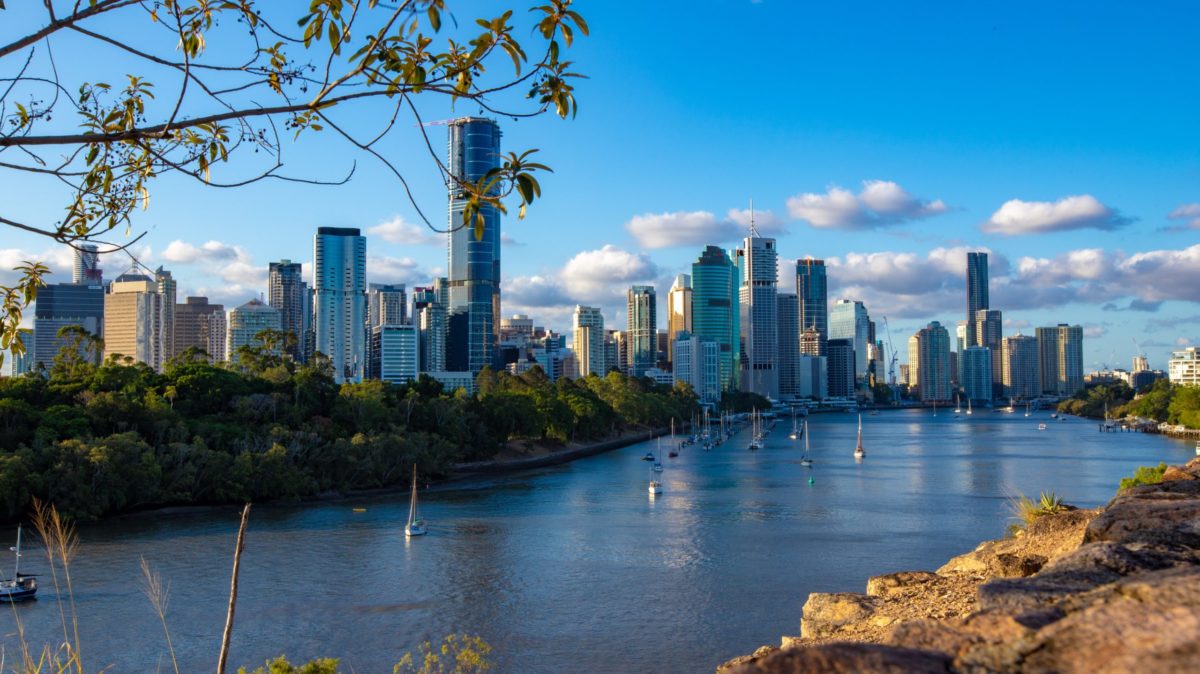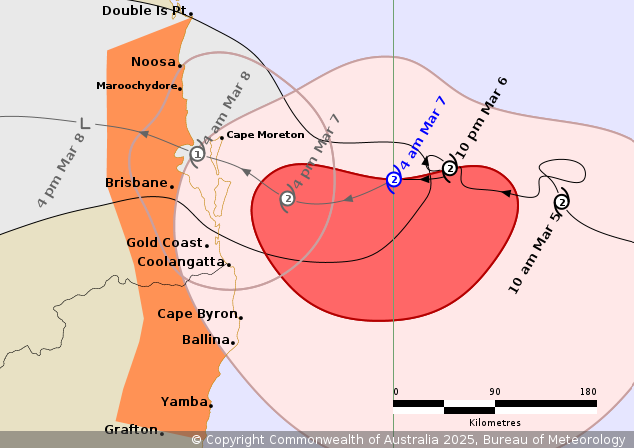
GST in Commercial & Residential QLD Properties
When it comes to navigating the world of property in Queensland, understanding the Goods and Services Tax (GST) is crucial. Whether you are buying, selling, or renting, GST can have a significant impact on your financial transactions. In this comprehensive guide, we will delve into various aspects of GST, including its implications for commercial and residential properties, registering for GST in Queensland, and the application of GST in different property scenarios.
GST and Commercial Properties
1. Commercial Property Transactions
Commercial property transactions are subject to GST in most cases. When you buy or sell a commercial property, a 10% GST is generally applicable to the sale price. This applies whether you are dealing with office spaces, retail outlets, or industrial properties.
2. Sale of a Going Concern
GST can be exempted in certain situations, such as the sale of a “going concern.” This exemption applies when you sell a commercial property that is actively carrying on a business. It is essential to meet specific criteria to qualify for this exemption, and professional advice is advisable in such cases.
GST and Residential Rent
3. Residential Rent and GST
Unlike commercial properties, residential rent is generally not subject to GST. If you are renting out a residential property, you do not need to include GST in your rental income. This is a relief for landlords, as it simplifies their financial responsibilities.
4. GST Residential Withholding Payment
In some cases, when selling new residential properties, the buyer may need to withhold a portion of the sale proceeds and remit it to the Australian Taxation Office (ATO) as a GST withholding payment. This aims to prevent tax evasion by property developers.
Registering for GST in Queensland
5. Registering for GST
If you are a property developer or investor involved in commercial property transactions, you may need to register for GST. This registration allows you to claim input tax credits for GST paid on your business expenses. It’s a crucial step to ensure compliance with tax regulations.
6. When Do I Need to Pay GST?
GST is typically payable when a taxable sale occurs. For commercial properties, this is usually upon the settlement of the sale. For residential rent, as mentioned earlier, it’s generally not applicable.
7. Coastal Acreage for Sale in Queensland
If you are considering buying coastal acreage in Queensland, it’s essential to understand how GST applies to this type of property. The GST implications may vary depending on the specific circumstances of the sale.
GST and Other Property-Related Considerations
8. Do Council Rates Have GST?
Council rates are generally not subject to GST. They are considered a local government fee for services and infrastructure and do not fall under the GST regime.
9. Vacant Residential Land Tax
In addition to GST, vacant residential land may be subject to a vacant residential land tax in certain situations. This tax is aimed at encouraging property owners to develop and utilize vacant land.
10. Is GST Payable on Council Rates?
As mentioned earlier, GST is not applicable to council rates. These rates are calculated separately from GST and are billed by local authorities for essential services.
Navigating the complexities of GST in the context of commercial and residential properties in Queensland is essential for anyone involved in property transactions. Understanding when and how GST applies can save you from financial surprises and ensure compliance with tax regulations.
In summary, GST is typically applicable to commercial property transactions, while residential rent is generally exempt. Registering for GST may be necessary for commercial property developers, and various exemptions and considerations apply depending on the nature of the property transaction.
For personalized advice and to stay updated with the latest tax regulations, it’s advisable to consult with a qualified tax professional.
Frequently Asked Questions (FAQs)
1. Do I need to pay GST when renting out my residential property in Queensland?
No, residential rent is generally not subject to GST. You do not need to include GST in your rental income.
2. What is the GST withholding payment for residential property sales?
The GST withholding payment is a mechanism where buyers of new residential properties withhold a portion of the sale proceeds and remit it to the Australian Taxation Office (ATO) to prevent tax evasion by property developers.
3. When is GST payable on commercial property transactions in Queensland?
GST is typically payable upon the settlement of a commercial property sale. However, exemptions may apply in certain situations, such as the sale of a going concern.
4. Are council rates in Queensland subject to GST?
No, council rates are not subject to GST. They are separate from GST and are billed by local authorities for services and infrastructure.
5. What is the vacant residential land tax in Queensland?
The vacant residential land tax is a tax aimed at encouraging property owners to develop and utilize vacant land. It is not related to GST and is imposed by the Queensland government.
6. Do I have to pay GST on services provided by my legal representative such as a Solicitor or Conveyancer?
Yes this service is subject to GST as it considered a goods or service as it classed as a professional service, as they are conducting the conveyancing for you as a service.
6. Do I have to pay GST on the Real Estate Agent’s fee or commission?
Yes this service is subject to GST as it considered a goods or service as it classed as a professional service, some agents will include this in their negotiations when signing the appropriate forms with you.
This is general advice only for specific legal advice speak with your legal representative.




